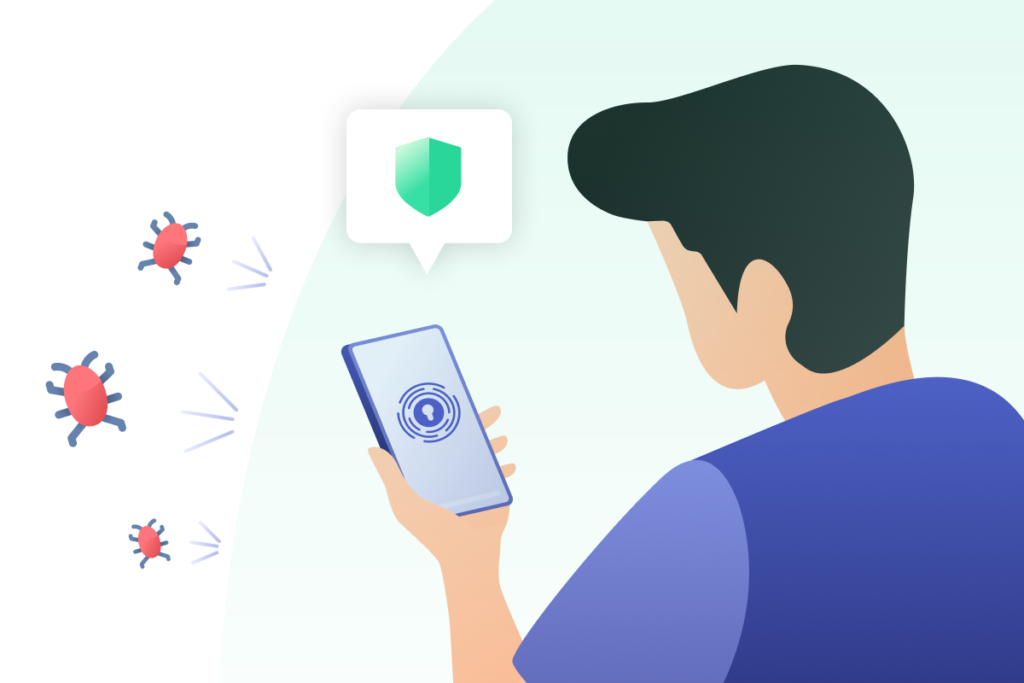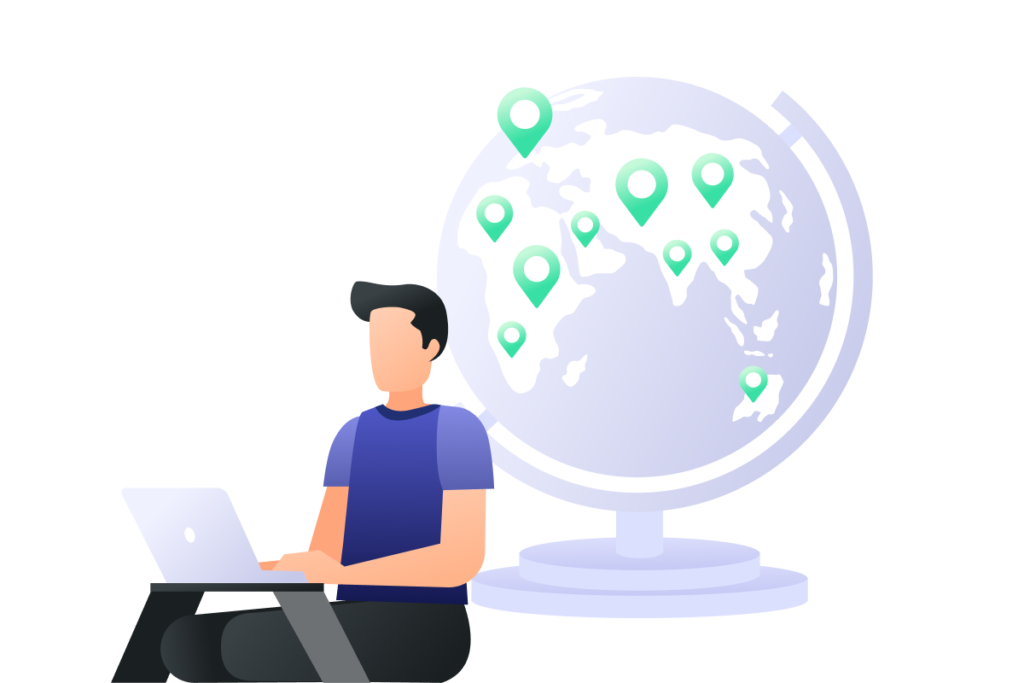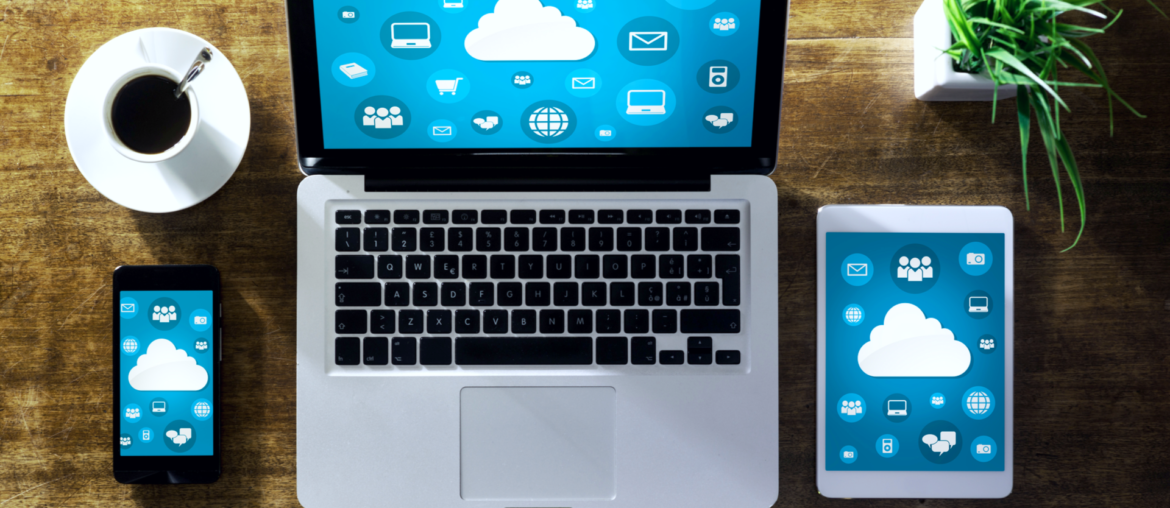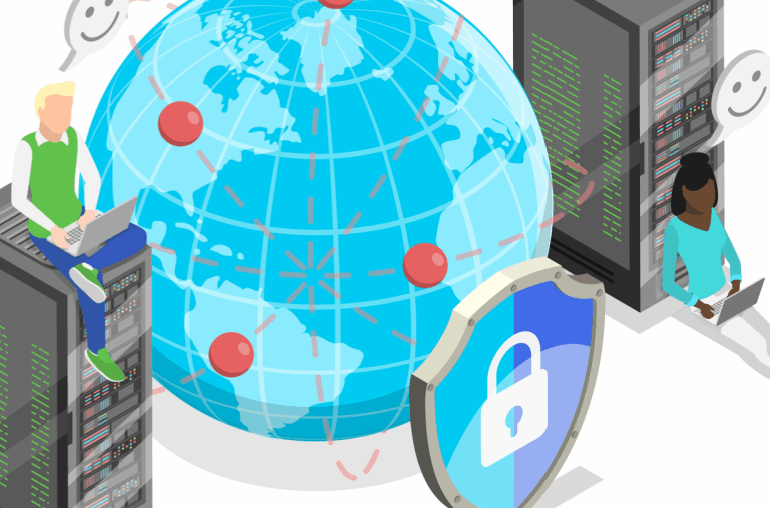On the second Tuesday of every April, the Identity Defined Security Alliance and National Cybersecurity Alliance host Identity Management Day. This global day of awareness was created to encourage education on the importance of protecting digital identities. Securing your online information has never been more important, which is why Identity Management Day aims to highlight and improve your digital security practices. Learn more about the importance of keeping your identity secure and discover what Identity Management Day is all about.
What is Identity Management Day?
Identity Management Day is a global day of awareness built around digital identity management. It was created by the Identity Defined Security Alliance and the National Cybersecurity Alliance in 2021. The intention behind Identity Management Day is to educate organizations and individuals alike about the importance of keeping your personal information secure.
According to Julie Smith, the executive director behind Identity Defined Security Alliance, “identity management is the discipline of protecting our personal digital identities as we communicate, shop, and transact our daily lives online.” The organization’s website also provides a list of resources for encouraging more personal identity security in your daily life.
How Does Identity Management Impact Me?
It’s necessary to ensure that you manage your online identity appropriately, now more than ever before. Without the proper identity management practices, you can easily have your identity stolen or compromised. This is especially true on social media apps like Instagram or Facebook, where your identity is part of the platform. Protecting your online data is an important part of managing your identity.
Identity management can take many forms. If you update your password and add two-factor authentication to your email address, that is a form of identity management. However, installing a robust VPN and an antivirus on your network is also crucial for strengthening your identity management. Ultimately, there are many different ways that your identity can be unsafe, but there are just as many ways to protect it.

Identity Management Best Practices
Securing your identity and managing your online presence is important for everyone, regardless of how you use the Internet. Whether you spend time playing games or shopping, you should always keep your identity secure. But what does that mean, exactly?
In essence, the information you share on the Internet links directly to your identity. This is where the “digital footprint” comes into play. Everything you do online, and everything you share about yourself, remain on the Internet. This can be beneficial for a number of reasons, but it can also have negative consequences. If someone wants to steal your identity, they can easily trace your digital footprint to find the information they need.
Preventing these dangerous cyber attacks can be tricky. Take a look at the following best practices for identity management and keep yourself safe online.
- Never share your identifying information with strangers.
- Update the privacy settings on all of your profiles and accounts.
- Never share photos that reveal your location or personal information.
- Avoid giving away your location data, e.g. school name, city, workplace.
- Add two-factor authentication to all of your profiles and accounts.
- Check which apps and devices have access to your profiles.
- Password-protect all of your accounts and devices.
- Use a VPN to keep your privacy intact.
Using the Internet assumes a small amount of privacy risks, but you can easily keep yourself safe with the right methods. Identity Management Day is just one day out of the year, but keeping your identity safe is a practice that should last year-round. One great way to ensure that your online identity is safe is to use a reliable VPN.

What is a VPN?
A VPN (Virtual Private Network) is a form of software that hides your device’s location by encrypting its IP address. VPNs help you hide your online activity from cybercriminals and others who may be watching, such as Internet Service Providers. Devices that can connect to the Internet have an IP address that links online activity to that piece of hardware. Unfortunately, without protection from a VPN, attackers can easily install dangerous malware on your system using various methods.
VPNs allow you to strengthen your online privacy through a process known as “encryption.” The encryption process mixes up your data, making it harder for criminals to access and read your private information. After your data reaches its destination, the information unscrambles itself to ensure that the recipient can read and access it. This encryption process is the safest way to send private data between users and other devices. VPNs using encryption protocols like OpenVPN and IKEv2 introduce additional reliable security onto any network or device.

Secure Your Online Identity with PrivadoVPN
It’s never been a better time to get yourself a reliable VPN to help keep you safe on the Internet. With PrivadoVPN, you get access to better protection, faster Internet speeds, and more reliable privacy on all of your devices. Sign up for access to unlimited data, 300+ global servers, and the ability to create up to 10 simultaneous connections! Plus, with our 30-day money-back guarantee, you have nothing to lose and only your privacy to gain.
Download PrivadoVPN
Protect your privacy with a world-class VPN. Sign up for premium access to PrivadoVPN and get unlimited monthly data, access to 300+ servers from around the world, and up to 10 simultaneous connections. Get a top-rated VPN that can secure your privacy at home, at work, or on the go.
Sign up for PrivadoVPN today!




